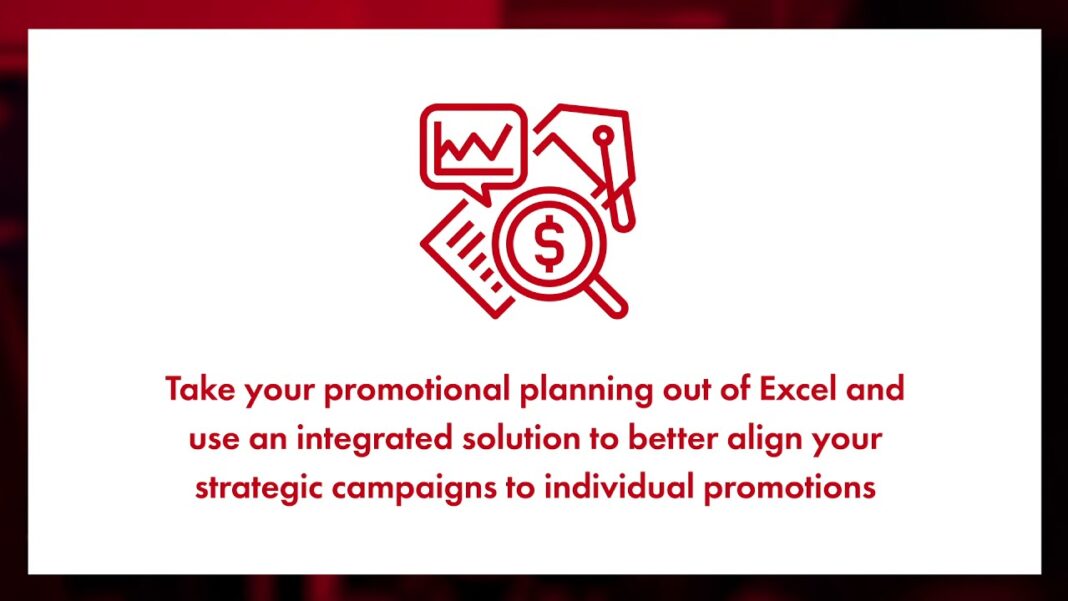When it comes to hosting a successful event, having a well-crafted marketing plan is essential. A marketing plan not only helps you reach your target audience effectively but also ensures that your event stands out in a crowded market. In this comprehensive guide, we’ll explore the steps to create a marketing plan that will drive attendance and engagement for your event.
Importance of a Marketing Plan for Events
A marketing plan is the backbone of any successful event. It helps you:
- Identify Your Target Audience: A marketing plan allows you to deeply understand your target audience, their preferences, and their behavior, enabling you to tailor your marketing efforts accordingly.
- Set Clear Goals: With a marketing plan, you can set measurable goals for your event, such as attendance numbers, ticket sales, or engagement metrics, and track your progress towards achieving them.
- Choose the Right Marketing Channels: A marketing plan guides you in selecting the most effective marketing channels to reach your target audience, whether that’s social media, email marketing, or traditional advertising.
- Allocate Marketing Budgets Efficiently: A well-crafted marketing plan helps you allocate your marketing budget wisely, ensuring that you’re spending your resources in the most impactful ways.
- Monitor and Optimize: A marketing plan provides a framework for monitoring the success of your marketing efforts and making adjustments as needed to optimize your event’s performance.
Steps to Create a Marketing Plan

Creating a marketing plan for your event involves several key steps, each of which is essential for the overall success of your event.
Target Audience Research
Understanding your target audience is the foundation of an effective marketing plan. Start by answering the following questions:
- Who are your ideal attendees?
- Demographic information (age, gender, income, location, etc.)
- Psychographic information (interests, values, behaviors, etc.)
- What are their pain points and challenges?
- What problems are they trying to solve by attending your event?
- What barriers might they face in attending your event?
- Where do they currently engage with content and information?
- Which social media platforms do they use the most?
- What type of content do they consume (e.g., blogs, videos, podcasts)?
Gathering this information will help you create buyer personas and tailor your marketing efforts to effectively reach and engage your target audience.
Setting Clear Goals
Defining clear, measurable goals for your event is crucial for success. Consider the following types of goals:
- Attendance Goals
- Total number of attendees
- Attendance growth compared to previous events
- Revenue Goals
- Ticket sales
- Sponsorship revenue
- Merchandise sales
- Engagement Goals
- Social media engagement (likes, shares, comments)
- Email list growth
- Event app or website activity
Ensure that your goals are SMART (Specific, Measurable, Achievable, Relevant, and Time-bound) to make them easier to track and achieve.
Choosing the Right Marketing Channels
Selecting the appropriate marketing channels is crucial for reaching your target audience effectively. Consider the following channels:
- Digital Channels
- Social media (Facebook, Instagram, LinkedIn, Twitter, etc.)
- Email marketing
- Paid digital advertising (search, display, social)
- Event website and SEO
- Traditional Channels
- Print advertising (flyers, posters, magazines, newspapers)
- Direct mail
- Out-of-home advertising (billboards, transit ads)
- Radio or TV advertising
Evaluate each channel based on your target audience’s preferences, your event’s goals, and your available marketing budget.
Budgeting for Marketing Efforts
Allocating the right budget for your marketing efforts is crucial for the success of your event. Consider the following factors when creating your marketing budget:
- Marketing Channel Costs
- Paid advertising (social media, search, display, etc.)
- Content creation (photography, videography, graphic design)
- Email marketing (list building, automation, etc.)
- Event Promotion Expenses
- Promotional materials (flyers, posters, banners)
- Event website and domain costs
- Influencer or speaker outreach
- Contingency Fund
- Unexpected costs or opportunities that may arise
Regularly review and adjust your marketing budget as needed to ensure that you’re maximizing the impact of your marketing efforts.
Implementing and Monitoring the Plan
Once you’ve developed your marketing plan, it’s time to put it into action. This involves the following steps:
- Create a Content Calendar
- Plan and schedule your marketing content (social media posts, email campaigns, etc.)
- Ensure a consistent and coordinated messaging across all channels
- Actively Promote Your Event
- Leverage your chosen marketing channels to reach your target audience
- Engage with your audience and build anticipation for your event
- Monitor and Analyze Performance
- Track key metrics (attendance, ticket sales, engagement, etc.) to measure the success of your marketing efforts
- Adjust your plan as needed to optimize your marketing strategy
Regular monitoring and optimization will help you refine your marketing approach and ensure the ongoing success of your event.
Conclusion

Creating a comprehensive marketing plan is essential for the success of any event. By following the steps outlined in this guide, you can develop a targeted, effective, and measurable marketing strategy that will help you reach your target audience, achieve your event goals, and deliver an exceptional experience for your attendees.


